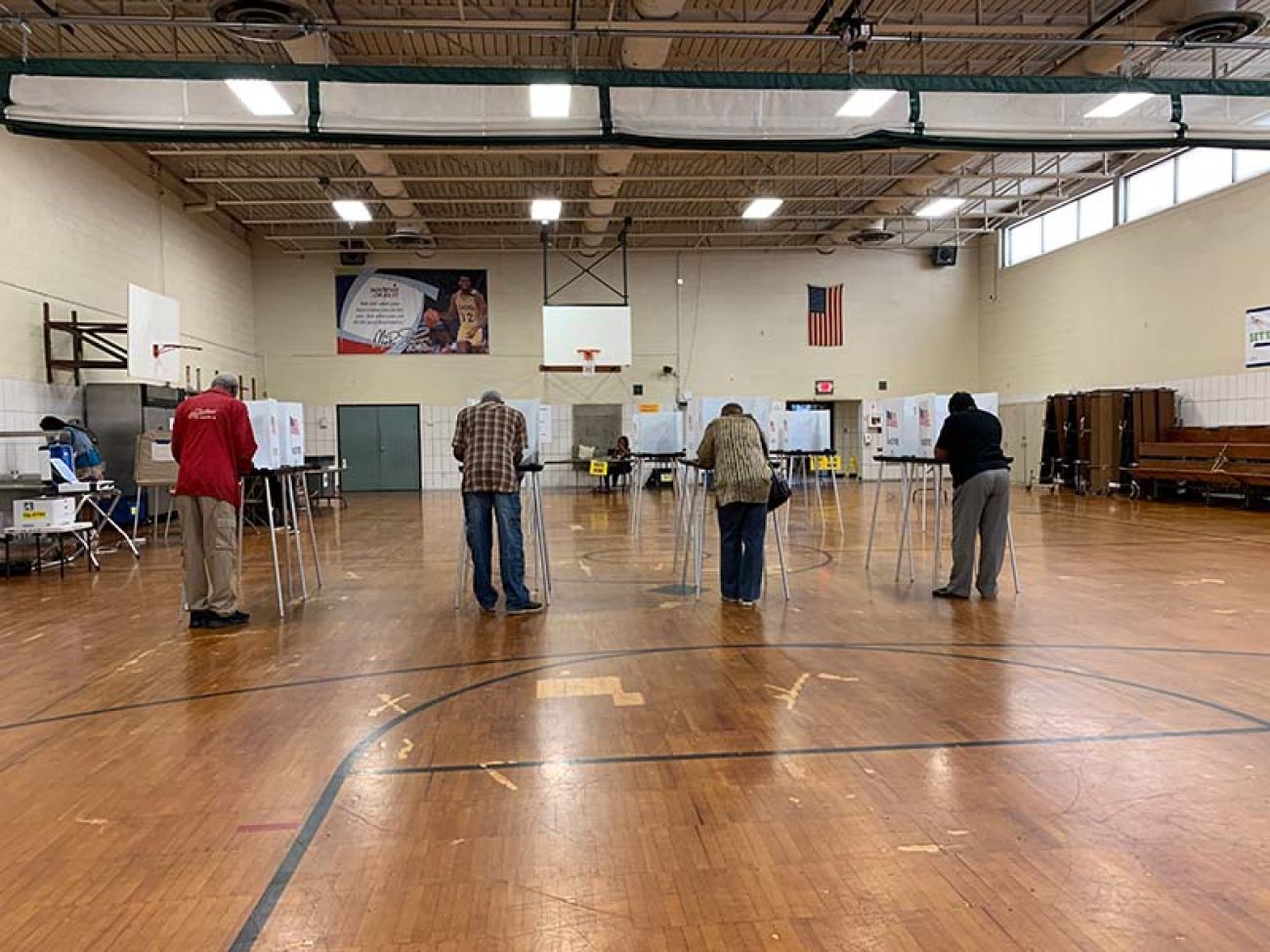
Michigan's Inflated Voter Rolls Raise Concerns Ahead of Election, Sparks Debate
As Michigan gears up for a pivotal election, a heated debate has emerged over the state's voter rolls, which are currently inflated by nearly 500,000 names. According to the latest reports, Michigan’s voter database lists 8.4 million registered voters—half a million more than the number of eligible voters in the state. While the state government, led by Secretary of State Jocelyn Benson, downplays the issue, Republicans are expressing serious concerns that the bloated rolls could invite potential fraud or, at the very least, undermine public trust in the electoral process.
The root of the problem appears to stem largely from a 2018 voter-approved measure that automatically registers citizens to vote when they obtain or renew a driver’s license unless they actively opt out. While this has helped expand voter registration, it has also contributed to a significant number of inactive voters remaining on the rolls. The state has outlined plans to remove over 600,000 inactive voters by 2027, but that timeline isn't fast enough for some critics, especially with a major election just weeks away.
Also Read:- Israel Targeted by Drone Attack Amid Escalating Conflict
- Hurricane Oscar Threatens Cuba with Flooding Rains and Intense Winds
The Republican National Committee (RNC) has taken legal action, filing a lawsuit against the state to force a quicker purge of inactive voters. They argue that an overinflated voter roll increases the risk of error and could pave the way for fraud, even if there is no direct evidence of widespread fraudulent activity. Notably, Michigan has one of the most imbalanced voter rolls among Great Lakes states and ranks among the highest in the nation.
On the other side, state officials, including Benson, dismiss the lawsuit as a political maneuver designed to cast doubt on the election results. Benson has emphasized that voter fraud is extremely rare in Michigan and across the U.S., citing strict identification and signature verification measures that prevent impersonation or multiple voting. Supporters of the current voter registration system argue that efforts to clean up voter rolls must be done carefully to avoid disenfranchising eligible voters.
The debate is not just about numbers, but also about perception. Critics point out that such a large discrepancy between registered voters and the actual voting-age population can erode public trust. Even though the state is working on reducing the number of inactive voters on the rolls, the perception of inflated numbers lingers, especially in a critical battleground state like Michigan.
As the November 2024 election looms, this issue is bound to remain a focal point, with both sides framing the debate in terms of election integrity. Whether this excess in voter registrations is a real threat to the process or a manageable administrative issue, the controversy serves as a reminder of the complexities and challenges that come with maintaining accurate and trustworthy voter rolls.
Read More:

0 Comments